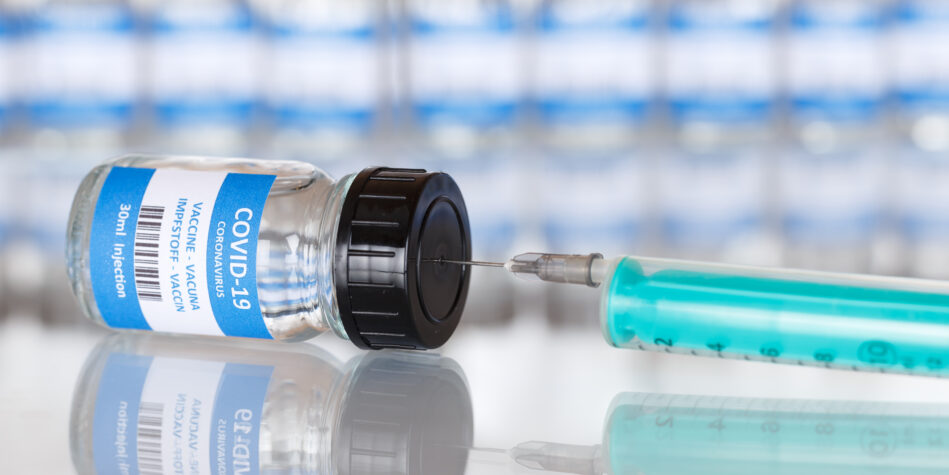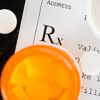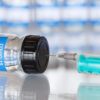There’s a COVID-19 vaccine on the way — or so the Wednesday headlines, which heralded positive results from Pfizer and BioNTech’s early-stage trial of a vaccine for COVID-19, would lead you to believe. A closer look at the data, and the adverse effects, however, reveals that it’s probably too early for an air-five.
The first phase of the 28-day long trial saw only 24 patients receive one of three dosage strengths — 10 micrograms (μg), 30μg, and 100μg — of the vaccine called BNT162b1. With a sample size that small, it’d be irresponsible to draw any conclusions. The vaccine has also yet to be peer-reviewed, meaning other researchers haven’t scrutinized the data. Lastly, consider that a significant percentage of the patients experienced side effects — including fever, fatigue, headache, chills, diarrhea, and muscle and joint pain — and it’s safe to say that the vaccine is far from ready.
Six of the12 patients who received either 10μg or 30μg (which was administered at day one and 21) of the vaccine reported adverse events within seven days of vaccination, as did seven out of 12 patients in the 100 μg group (which was given just once on day one). Researchers reported that two participants in the 30 μg group experienced a severe adverse event: Grade three pyrexia, which is an extreme fever.
That’s not to say that the results, which are promising, should be ignored. After 28 days, the 10μg and 30μg group had, respectively, 1.8 and 2.8 times the amount of neutralizing antibodies compared to those who were infected with COVID-19, recovered, and developed these antibodies naturally in their blood as a result. This is important because neutralizing antibodies are what target and fight off a specific virus — in this case, COVID-19. Typically, one must first contract the virus to have antibodies that can battle back, but the aim of this virus is to supply COVID-19-fighters sans contracting it, and with a higher amount of antibodies.
Pfizer and BioNTech still have a long way to go for BNT162b1 to win FDA approval. First, they will need to test their vaccine in many more people to see if the efficacy is replicated. If the adverse events continue to be seen at the levels seen in the early data, that will likely weigh on the minds of FDA officials. In addition, the data on antibody titers (the unit used to measure antibodies in the blood) was only recorded at 28 days. It remains to be seen if those levels can be maintained after 28 days, and if so, for how long. After all, a vaccine jab is only worth it if it can provide long-term, sustained protection.






